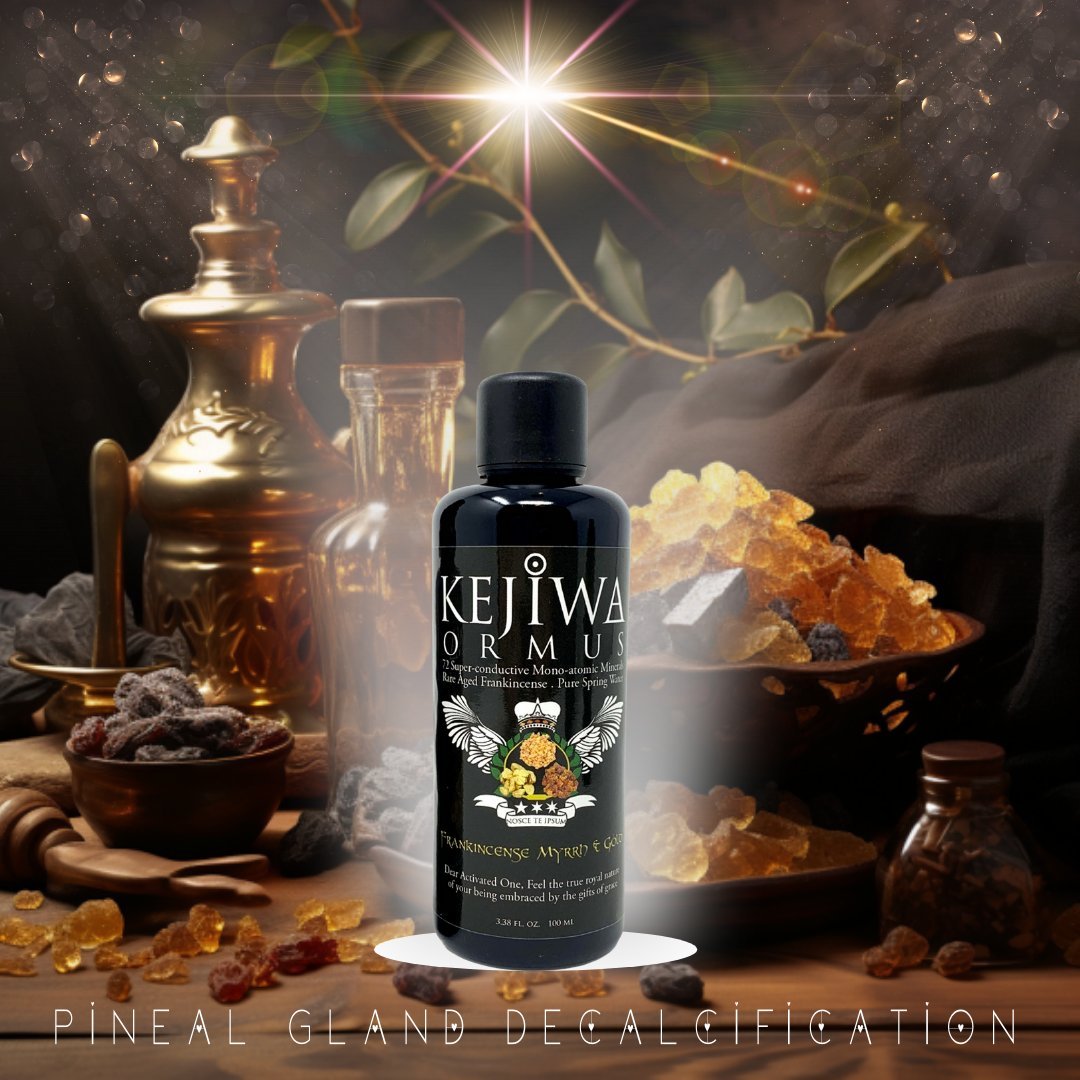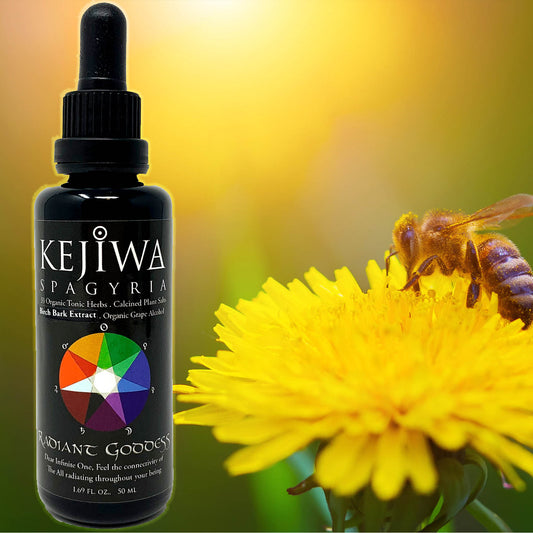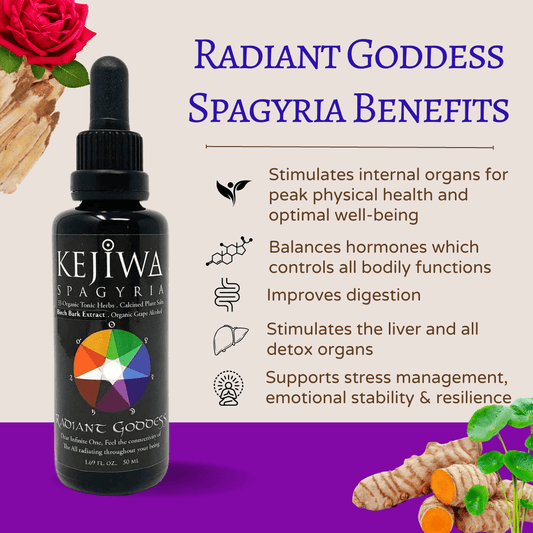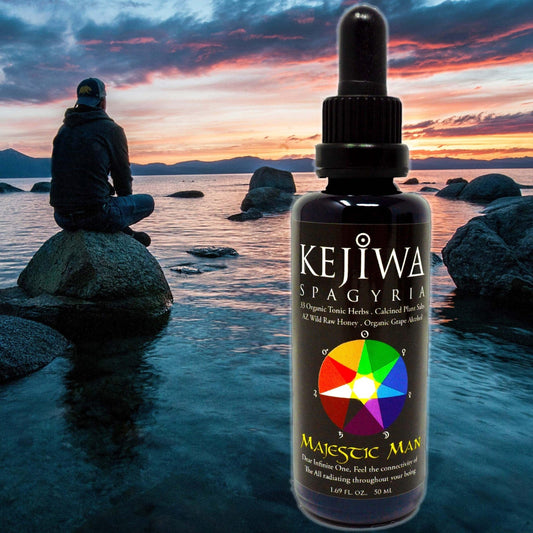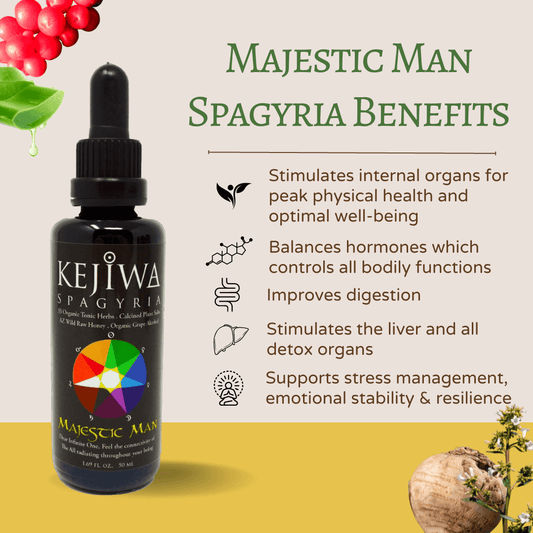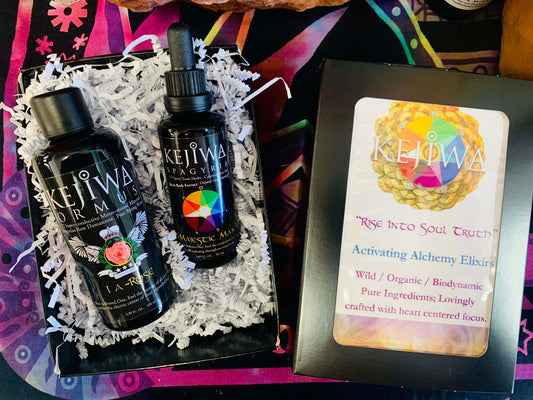herb, organic tinctures, stress, rhodiola rosea tincture, best herbal tinctures, skin care, best tinctures to have on hand
Can herbal tinctures help alleviate menstrual cramps?
Herbal tinctures can help alleviate menstrual cramps by providing natural relief through their anti-inflammatory and muscle-relaxing properties, promoting overall comfort during menstruation. However, individual responses may vary, so consult a healthcare professional for personalized advice.
Can herbal tinctures help with sinus infections?
Herbal tinctures may help with sinus infections by providing natural anti-inflammatory and antimicrobial properties, potentially relieving symptoms and supporting overall respiratory health. However, always consult a healthcare professional for personalized advice before use.
Can organic tinctures be used to treat chronic illnesses?
Organic tinctures may support overall wellness, but they should not be considered a primary treatment for chronic illnesses. Always consult a healthcare professional before using herbal products for chronic health conditions.
What are the most popular herbs used in organic tinctures?
The most popular herbs used in organic tinctures include Echinacea for immune support, Ashwagandha for stress relief, and Milk Thistle for liver health. These herbs are favored for their potent properties and beneficial effects on overall well-being.
Do herbal tinctures work for weight loss?
Herbal tinctures may aid in weight loss by supporting metabolism, promoting appetite control, and enhancing overall wellness. However, their effectiveness can vary by individual and should complement a balanced diet and healthy lifestyle for optimal results.
Can herbal tinctures help with stress management?
Herbal tinctures can be beneficial for stress management. Many of these natural remedies are known for their calming properties and can help promote relaxation, making them a valuable addition to your wellness routine.
Are there herbal tinctures that can lower blood pressure?
Herbal tinctures can help support blood pressure management. Certain herbs, like hibiscus and ginger, have been shown to promote healthy blood pressure levels, but it’s essential to consult a healthcare professional before using them for this purpose.
What is the recommended dosage for organic tinctures?
The recommended dosage for organic tinctures typically ranges from 1 to 3 dropperfuls (30-90 drops) diluted in water or another beverage, taken 1 to 3 times daily. Always consult with a healthcare professional for personalized guidance.
How do I choose a high-quality organic tincture brand?
Choosing a high-quality organic tincture brand involves examining the sourcing of ingredients, the extraction methods used, and checking for third-party testing and certifications. Look for transparency in labeling and positive customer reviews for reliable insights.
Are organic tinctures safe for pregnant or breastfeeding women?
The safety of organic tinctures for pregnant or breastfeeding women is a concern. It is essential to consult with a healthcare professional before using any herbal products during these periods to ensure the safety of both mother and child.
What herbs are commonly used to make herbal tinctures?
Common herbs used to make herbal tinctures include echinacea, ginseng, valerian, chamomile, and elderberry. These herbs are selected for their medicinal properties and are extracted using a spagyric alchemy process to enhance their health benefits.
What are the benefits of using organic tinctures over traditional supplements?
The benefits of using organic tinctures over traditional supplements include enhanced bioavailability, as tinctures allow for quicker absorption, and the use of high-quality, natural ingredients that support overall health without synthetic additives.
What are the best herbal tinctures for skin health?
The best herbal tinctures for skin health include those made from calendula, chamomile, and burdock root, known for their soothing, anti-inflammatory properties and ability to promote a clear, healthy complexion.
Do organic tinctures have any known side effects?
Organic tinctures may have some known side effects, although they are generally considered safe. Individual reactions can vary based on factors like dosage and overall health, so it’s advisable to consult with a healthcare professional before use.
Are there herbal tinctures that can improve cognitive function?
Herbal tinctures can enhance cognitive function by supporting mental clarity and focus. Ingredients like ginkgo biloba and bacopa monnieri are particularly known for their capacity to improve memory and cognitive performance.
What are the best herbal tinctures for anxiety relief?
The best herbal tinctures for anxiety relief include those formulated with calming botanicals such as chamomile, ashwagandha, and valerian root, known for their soothing properties and ability to promote relaxation and balance in stressful situations.
How long does it take to make an herb tincture?
The time required to make an herb tincture typically ranges from 2 to 6 weeks. This period allows for optimal extraction of the plant's beneficial compounds into the alcohol or glycerin used in the tincture.
What is the best herbal tincture for immune system boosting?
The best herbal tincture for immune system boosting is one that combines potent ingredients like echinacea, elderberry, and astragalus, known for their effectiveness in enhancing immunity and overall vitality.
How do I store herb tinctures properly?
Proper storage of herb tinctures is essential for maintaining their potency. Keep them in a cool, dark place away from direct sunlight, ideally in a glass container with a tight seal.
Which herbal tinctures are effective for insomnia treatment?
Herbal tinctures effective for insomnia treatment include valerian root, passionflower, and chamomile. These herbs are known for their calming properties, helping to promote sleep and relaxation naturally.
Can I make herb tinctures with fresh or dried herbs?
Herb tinctures can be made using both fresh and dried herbs. Each type offers unique benefits: fresh herbs may provide more volatile oils, while dried herbs often have concentrated flavors and properties.
What are the benefits of using herb tinctures over capsules?
The benefits of using herb tinctures over capsules include faster absorption, allowing for quicker effects, and the ability to customize dosages easily. Additionally, tinctures often provide a more potent form of herbal extraction.
Can organic tinctures interact with prescription medications?
Organic tinctures can interact with prescription medications. It's essential to consult with a healthcare professional before using them, as certain herbs may affect medication effectiveness or cause unintended side effects.
Are organic tinctures regulated by the FDA or other agencies?
Organic tinctures are not strictly regulated by the FDA as drugs but must comply with food and dietary supplement regulations. While they are subject to quality and labeling guidelines, claims about health benefits may not be approved by regulatory agencies.
Can I use herb tinctures during pregnancy or breastfeeding?
Using herb tinctures during pregnancy or breastfeeding requires caution. It is strongly recommended to consult with a healthcare professional before using any herbal products to ensure safety for both you and your baby.
Are herb tinctures safe for children and pets?
Herb tinctures may not always be safe for children and pets. It's essential to consult a healthcare professional before using them, as their effects can vary based on age, size, and specific health conditions.
How do I use herb tinctures for medicinal purposes?
Using herb tinctures for medicinal purposes involves placing a few drops under the tongue or mixing them into water or tea, following the dosage instructions provided. Always consult with a healthcare professional for personalized recommendations.
What is the shelf life of an herb tincture?
The shelf life of an herb tincture varies but typically lasts 3 to 5 years when stored in a cool, dark place. Proper storage helps maintain its potency and effectiveness over time.
What herbal tinctures are best for pain relief?
The best herbal tinctures for pain relief typically include turmeric, which has anti-inflammatory properties, and willow bark, known for its analgesic effects. Additionally, arnica and ginger tinctures can also alleviate discomfort and promote healing.
How do herbal tinctures interact with medications?
Herbal tinctures can interact with medications by either enhancing or inhibiting their effects. It's essential to consult with a healthcare provider before using herbal tinctures, especially if you're on prescribed medications, to ensure safety and avoid potential side effects.
spagyric tinctures, kejiwa, kejiwa alchemy, herbal tinctures, herb tincture, organic tinctures, best herbal tinctures, organic herbal tinctures
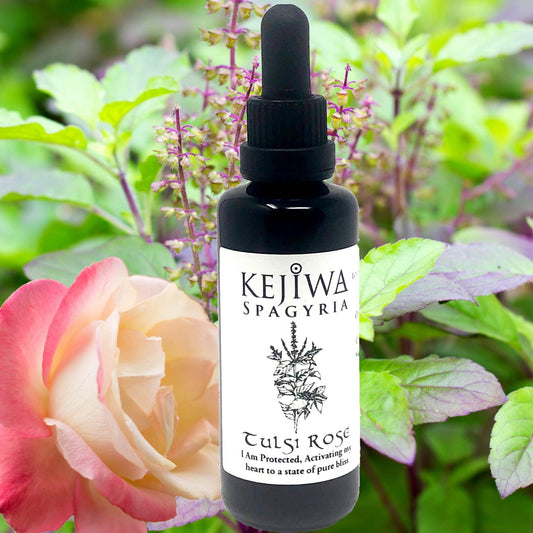
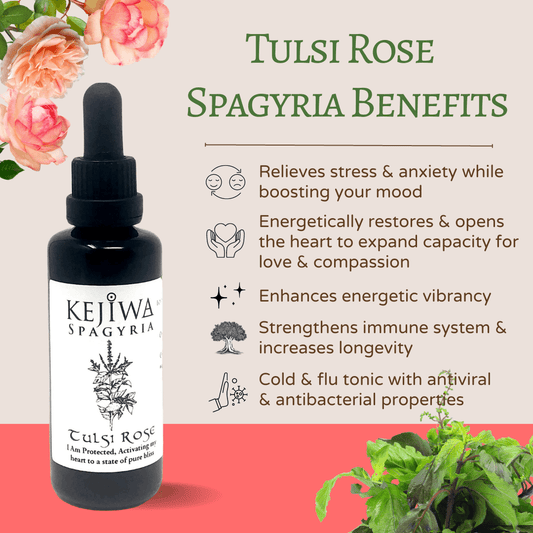 Sold out
Sold out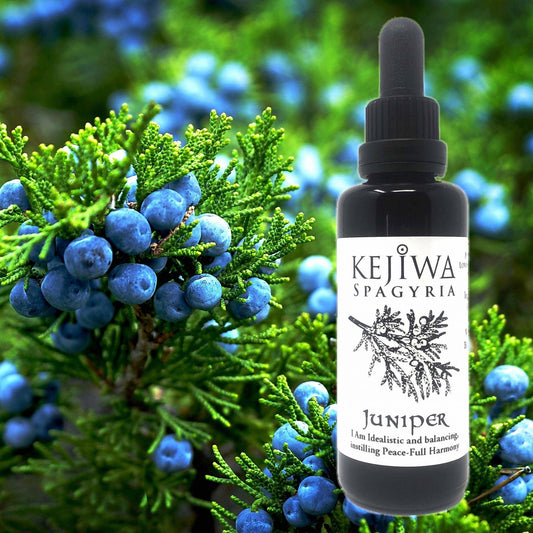
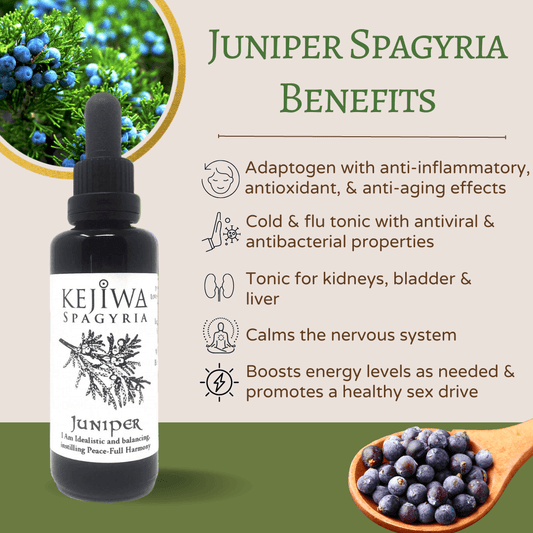 Sold out
Sold out